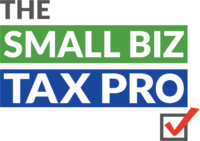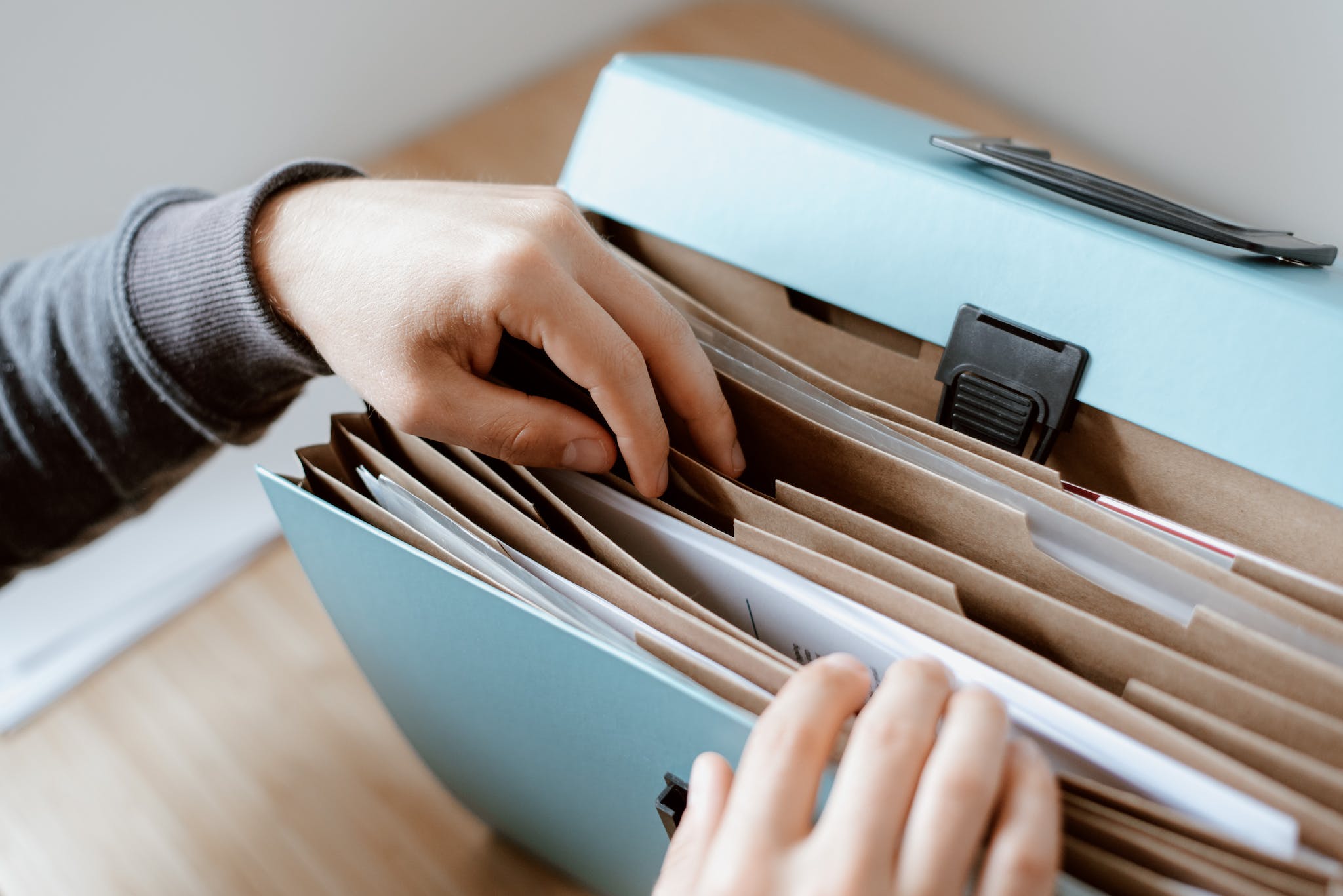Preparing for a Productive Meeting with Your Small Business Tax Preparer
Meeting with your tax preparer as a small business owner is an important step in ensuring accurate and efficient tax filing. To make the most out of your meeting and maximize your tax benefits, it is crucial to come prepared with the necessary information and documents. In this post, we will provide essential tips for small business owners to get ready for a productive meeting with your tax preparer.
Organize Financial Records:
To kick-start the meeting preparation process, organize all your financial records systematically. This includes bank statements, sales records, expense receipts, invoices, payroll records, and any other relevant documents. By keeping your records organized, you’ll save time and minimize the risk of overlooking deductions or errors in your tax filing.
Separate Personal and Business Expenses:
Ensure that you have a clear distinction between personal and business expenses. Avoid mingling personal expenses with your business finances if possible, as this may create complications during tax preparation. Maintain separate bank accounts and credit cards if possible, for your business to facilitate accurate tracking.
Review and Update Accounting Software:
If you use accounting software, review your records and ensure that they are up to date. Make sure all income, expenses, and transactions from the previous year have been accurately identified and recorded. This will provide a comprehensive and reliable foundation for your tax preparer to work with.
Collect Financial Statements:
Gather pertinent financial statements, such as profit and loss statements, balance sheets, cash flow statements, and any other relevant reports. These statements provide valuable insights into your business’s financial health and help your tax preparer identify potential tax-saving opportunities.
Compile Employee Information:
If you have employees, gather all necessary employee information, including names, social security numbers, and wages paid. Ensure that you have relevant payroll records, tax withholding information, and any required forms such as W-2s or 1099s.
Be Prepared for Questions:
Anticipate that your tax preparer may have specific questions about your business. Be ready to provide details regarding any significant changes in your operations, ownership, or financial circumstances during the tax year. Accurate and timely information will enable your tax preparer to offer tailored advice and strategies. Bring your calendar from previous year to assist in finding dates and details of special events.
Familiarize Yourself with Tax Law Changes:
Stay informed about any recent changes in tax laws that may impact your small business. Be aware of new deductions, credits, or regulatory requirements that could affect your tax position. Understanding these changes will allow you to proactively address them during your meeting and ensure compliance. Sign up for Small Biz Tax Pro’s newsletters and keep on all the IRS business tax changes.
Consider Niche-Related Deductions and Credits:
Research deductions and credits specific to your industry or business niche. There may be unique tax advantages available to businesses in certain sectors. Communicate with your tax preparer about your industry, and they can guide you on any industry-specific deductions or credits you may qualify for.
Preparing for a meeting with your small business tax preparer is key to a smooth and productive tax filing process. By organizing your financial records, separating personal and business expenses, and staying updated on tax law changes, you can maximize your tax benefits and proactively reduce tax liabilities. Remember, effective communication and providing accurate information during the meeting will enable your tax preparer to provide tailored advice and strategies for your specific business needs.
Getting ready for a tax meeting may require some effort, but the potential savings and peace of mind obtained from a professionally prepared tax return are well worth it. By investing time and effort in preparation, you set the stage for a successful and beneficial collaboration with your tax preparer.

